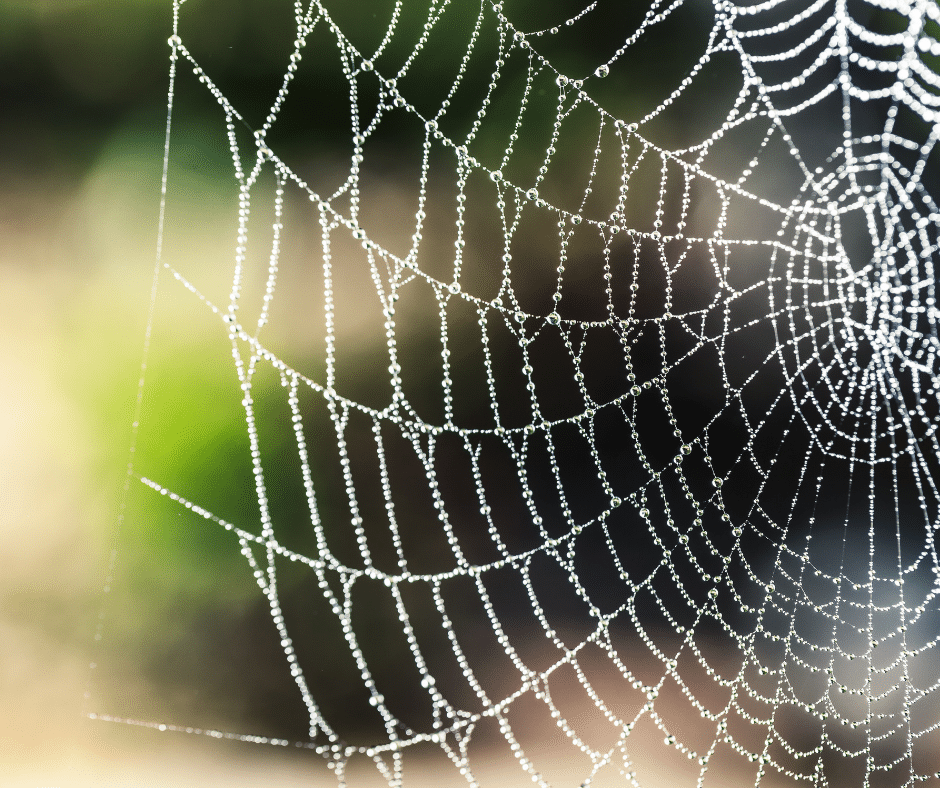If you ask anybody why spiders make webs, they probably wouldn’t be able to give you an answer. Well actually there is a scientific reason behind this and it comes down to the fact that as every student knows, spiders are arachnids and therefore most of them have eight legs.
It’s their front four pair of legs that are the ones that usually carry the spider’s silk glands which it uses to make the web. But every now and again some spider in “cryptic color phases” have been observed back in the lab to have only 2 pairs of legs instead!

Why do Spiders Make Webs?
In order to catch their prey spiders need to defend an area of space from intruders.
The web often catches the pests that wander into it and clings on once they are stuck in the sticky strands who’s silk is either produced by special glands or shot out through a sharp spike which can be fired through modified finger-like appendances with incredible speed.
With some speedy problem-solving abilities, most of those caught will never get out alive because us humans have dictated that there always has to be at least one spider around! It is also interesting to note that the webs can be found in a variety of places and not just on walls.
The web can often be observed right in the spider’s home or for the larger varieties it might be spun from somewhere high up such as trees, fences or even washing lines where it collects large quantities of prey for dinner.

A special trick that the spider has up its sleeve is that it can even control how sticky its web is. If it needs to move out of the way suddenly then this ability comes in handy so much so that any prey trying to escape, for example, a moth, will get stuck on the silk and become the spider’s dinner as soon as it returns with a fresh supply of silk!
It is interesting to think about why spiders need to make webs in order to catch their prey. There are plenty of different ways that they could go about catching their prey. I guess we will never know exactly why spiders make webs, but it is an interesting question that has been discussed by many people nonetheless.
